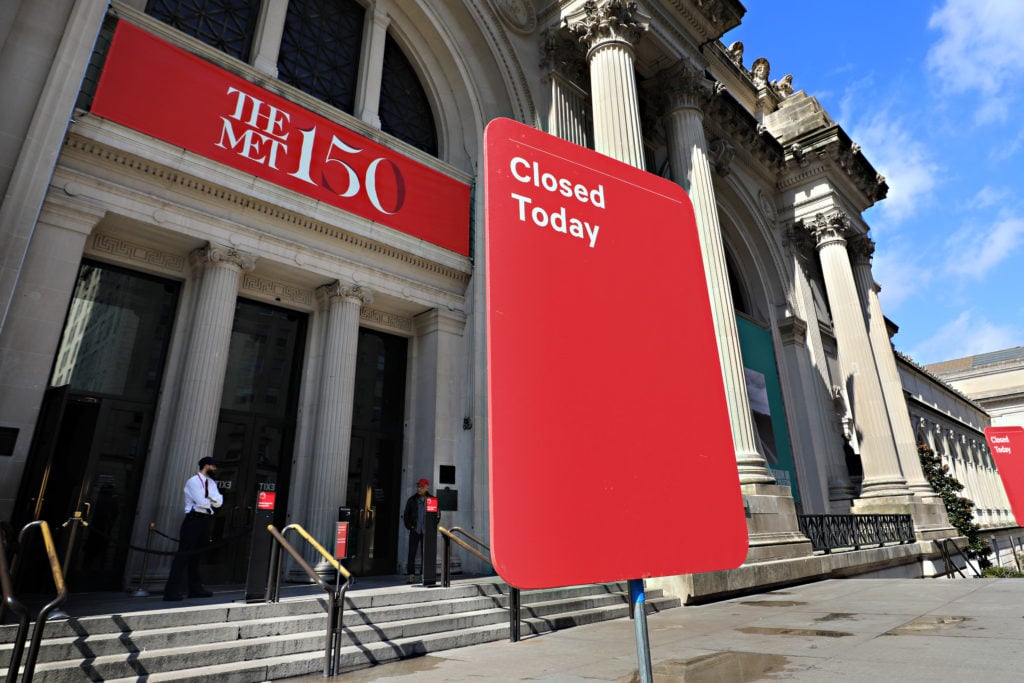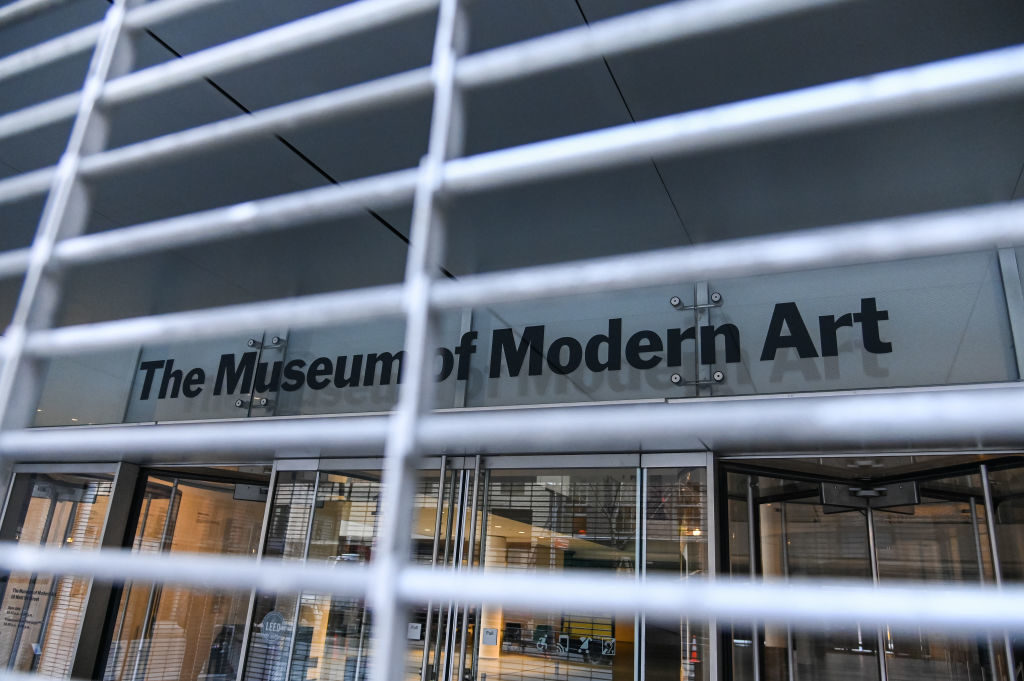Art World
The Coronavirus Pandemic Has Cost American Arts Organizations a Collective $4.5 Billion So Far, a New Study Claims
But there’s also room for optimism.

But there’s also room for optimism.

Arts and culture organizations across the country are estimated to have lost a combined $4.5 billion because of the health crisis so far, according to an ambitious new survey conducted by the Americans for the Arts. And that’s just the start.
Among the more than 11,000 organizations surveyed for the study, the average loss was $38,000 in just over three weeks. More than two-thirds estimate that the crisis will have a “severe” or “extremely severe” impact on their business.
Meanwhile, 94 percent of respondents have canceled events. Roughly half say that expenses have gone up or are expected to. And 23 percent have already reduced staff, while another 43 percent say they will likely have to do so eventually.
“Clearly, this is a devastating time for the arts, with nonprofit arts organizations alone already accumulating $4.5 billion in losses and much more uncertainty ahead,” says Randy Cohen, vice president of research at Americans for the Arts. “We will definitely lose organizations by the time we get to the other side of this COVID-19 crisis.”

The Museum of Modern Art, one of New York’s main museum attractions is closed due to the spread of the coronavirus. Photo: Ben Gabbe/Getty Images.
The surveyed organizations range from “small volunteer-led groups to institutions with budgets in the tens of millions,” says Cohen. Three-fourths are non-profits, while the rest are commercial outfits or even “individual artists,” who were invited to register the impact on their studios. All 50 states are represented.
It’s worth mentioning that the $4.5 billion estimate is highly speculative, arrived at by looking at the average loss reported by survey respondents, assuming those losses to be a representative sample of all arts organizations in the United States, and then extrapolating a national total. (Americans for the Arts estimates that there are 120,000 organizations in the US, a number which comes from previous “survey findings and data from the IRS Business Master File.”)
At the same time, many organizations that replied to the survey said it was too early in the crisis to begin to estimate financial losses, so even the initial estimate is likely to change as more data comes in.
Still, no matter how you slice it, the news is bleak. “And yet,” Cohen added, “there’s still room for optimism.”
When social distancing measures are lifted, arts and cultural organizations will be vital to righting the ship.
“Getting people out of their houses and spending money again will be key to jump-starting the economy,” he goes on. “This is what the arts do—they get us out of the house and create social and economic opportunities—attending a festival, going to a museum exhibit, attending the theater. And the data show that, when we do, we are driving commerce across a range of sectors—pumping business to local merchants.”
Arts also bring people together, not just geographically but culturally.
“Regardless who we voted for, everyone loves their local festivals, working together on a community mural, and seeing Hamilton for the third time,” Cohen adds. “These are things we do together. And the research backs up this point.”
He points to Americans for the Arts’s 2018 public opinion poll “Americans Speak Out About The Arts,” in which 72 percent of Americans said they believe “the arts unify our communities regardless of age, race, and ethnicity” and 81 percent of the population considered the arts to be a “positive experience in a troubled world.”